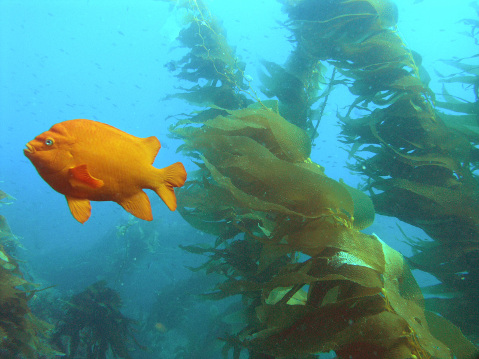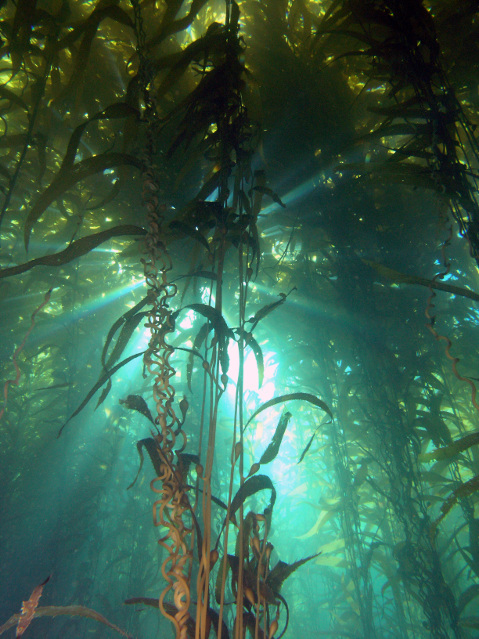Concern for Ocean Unites Fishers and Enviros
Marine Protected Areas Collaborative Recognizes Sacrifices and Habitat Health

Over one year ago, a network of marine protected areas (MPAs) went into effect along our coastline. These areas are select parts of the ocean set aside from some or all forms of harvest (i.e., fishing) to improve ocean health and protect marine wildlife. The issues surrounding MPAs have often been contentious here in Santa Barbara, the debate between fishing and conservation groups being central to the controversy. When our local MPAs were designed and adopted, compromises were made on both sides, but a chasm of sorts was also created between two groups that both share concern over our ocean and its precious ecosystems. That was then. Today we look forward.
For the last several months, governmental agencies, nonprofit groups, and fishing representatives have met openly as part of the Santa Barbara MPA Collaborative, a combined effort to conduct localized implementation of marine conservation efforts in MPAs through regional communication and cooperation. Through this dialogue, we have come to realize that we may have more in common than we once thought.
The creation of MPAs represents a major sacrifice by many members of the fishing community. The recreational angling community at large was not in support of establishing MPAs, though this group also recognizes that MPAs are now part of the marine landscape, and it is doing its part to comply with new regulations by sharing and disseminating information and by supporting recreational fishing in waters that remain open to fishing.

We recognize that humans have utilized these areas for generations and that though certain fishing activities may now be prohibited or restricted within their boundaries, MPAs still present an amazing opportunity to enrich lives within our communities through visitation and nonconsumptive recreation. Therefore, we support business endeavors that provide opportunities for people to visit and learn about these places. Such endeavors include traditional eco-tourism as well as newly developed activities offered by recreational fishing businesses, which were impacted by the creation of MPAs.
This month our groups have begun offering joint MPA education trips. These trips offer a unique opportunity for people to visit and explore an important local MPA while also providing a chance to learn about and share in the enjoyment of fishing along our beautiful coastline. We hope that these trips will help inform the community about the existence and significance of our MPA network. We also hope that these excursions will inspire them, and others, to take advantage of the many wondrous experiences that the Santa Barbara Channel and its coastline have to offer.
We may still not totally agree with one another about what already happened or what may be to come. However, we also understand that through dialogue and through creative partnerships, we will be better off as a community moving into the future.
Ben Pitterle is the Watershed and Marine Program director for Santa Barbara Channelkeeper. Captain David Bacon is the owner and operator of WaveWalker Charters and Hook, Line & Sinker Fishing Center in Santa Barbara. He also sits as the recreational fishing representative on the Channel Islands National Marine Sanctuary Advisory Council.
Celebrate World Oceans Day at West Beach on June 7, 11 a.m.-6:30 p.m. The festival marks the 10th year of protection of the Santa Barbara Channel Islands and promotes the ways the newly created MPAs can be enjoyed. See sboceanfest.org for details.



